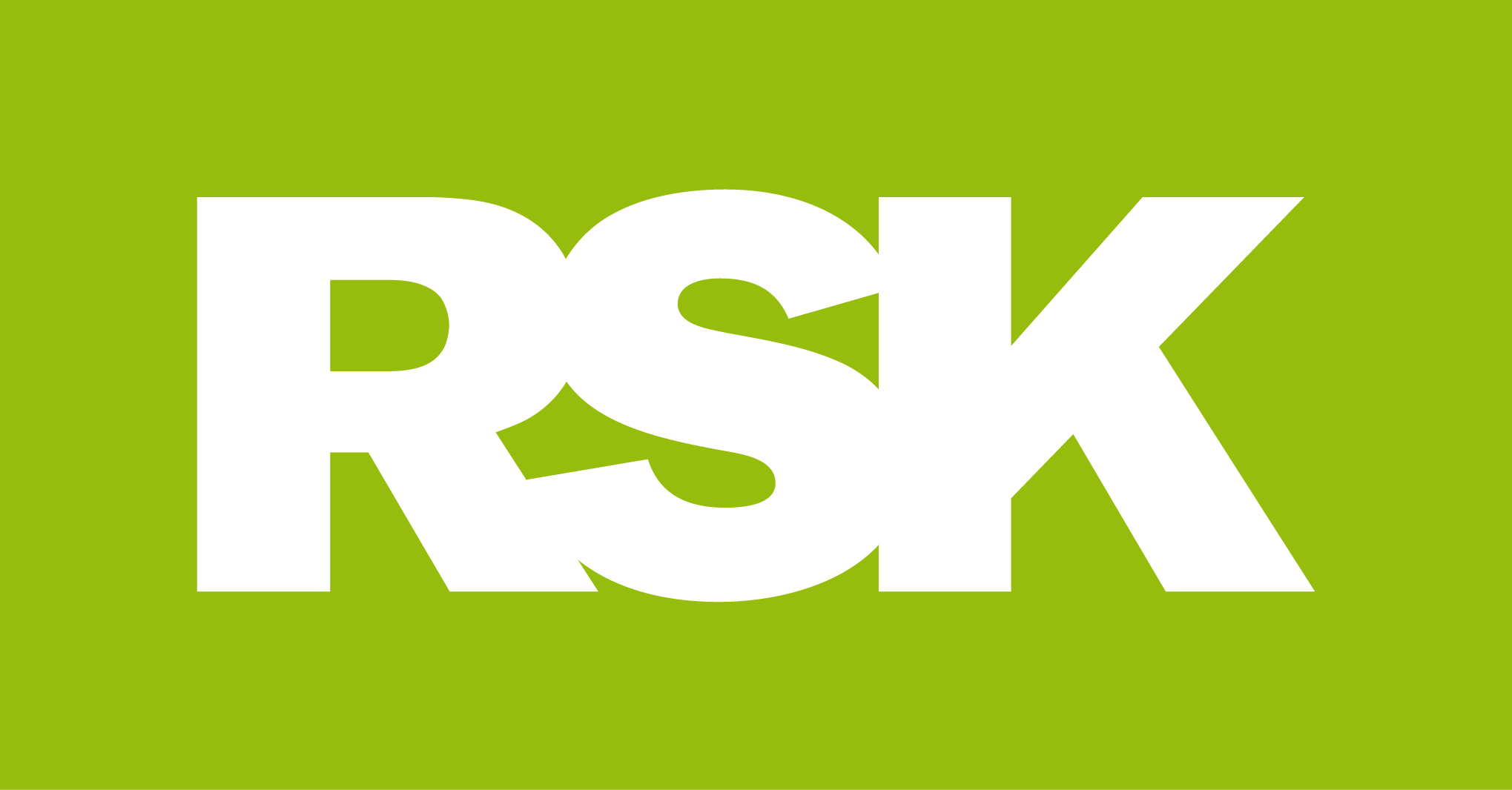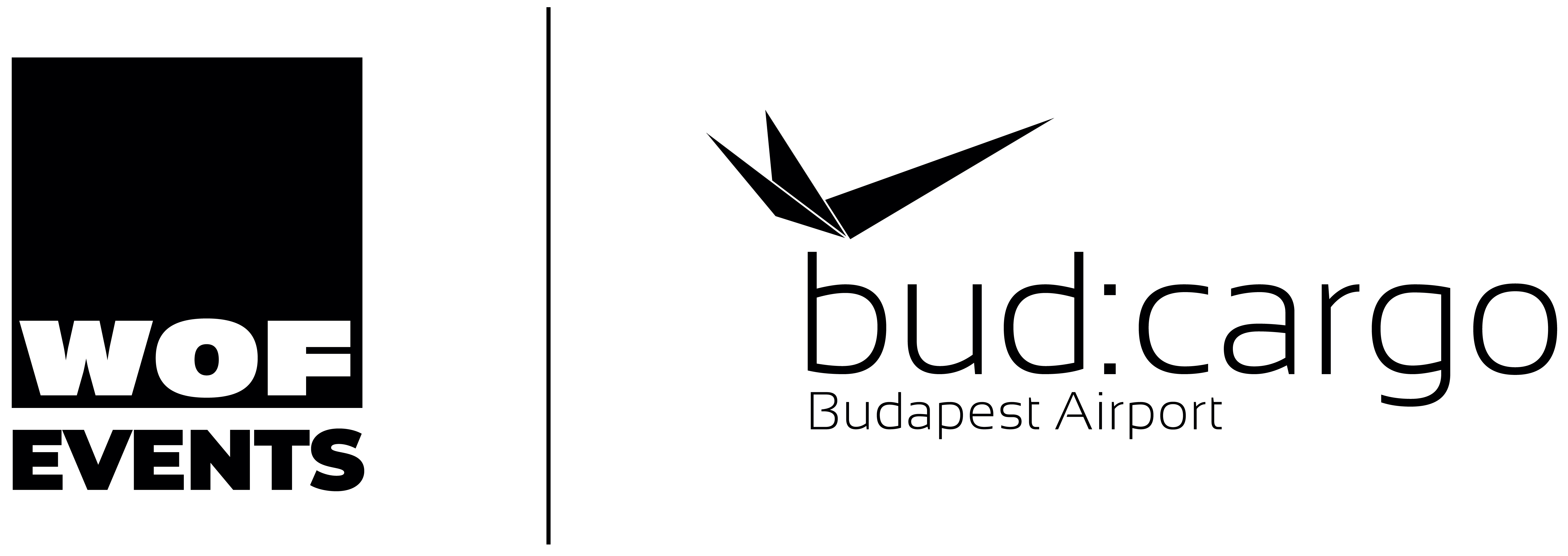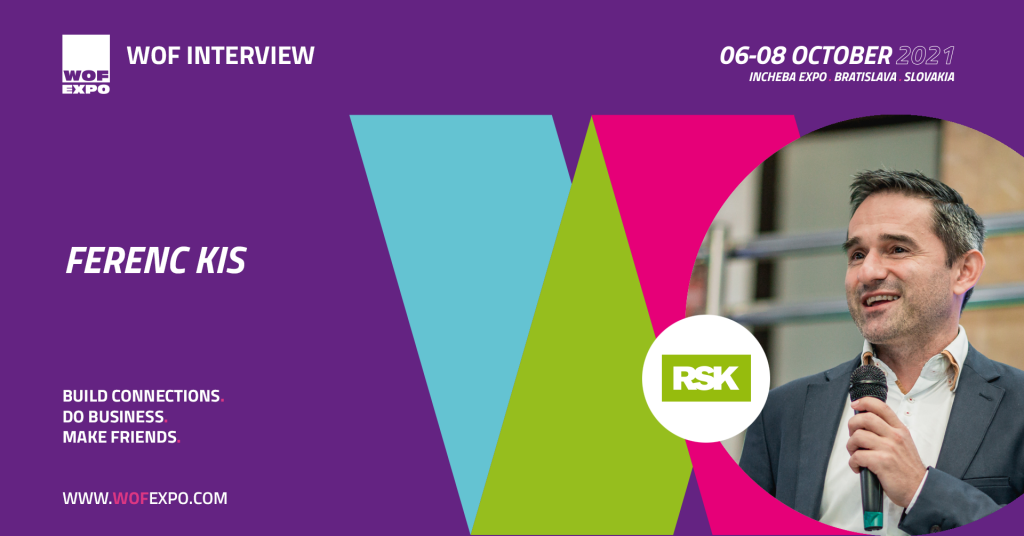Interview with FERENC KIS
| Mr. Ferenc Kis is Renewable Energy Business Development Director at RSK Europe. Ferenc graduated from the Technical University of Vienna, Austria, with a renewable energy engineering degree and is currently studying for an executive MBA in the same city. For nine years, Ferenc was the head of environment at Budapest Airport, where he started its major stakeholder engagement program before embedding it as a permanent sustainability initiative. The program involves more than 30 companies, including many well-known multinational logistic firms. During the summer of 2020, amid the global coronavirus pandemic, Ferenc joined RSK Europe. His remit involves supporting the region to develop clean energy and helping the group’s clients to meet their zero-emissions targets. |
| 1. What do you consider to be the main disrupters for an integrated environmental and engineering firm such as RSK Group? According to Statista, in the first half of 2020, demand in the Central and Eastern European industrial and logistics property sector was highest in Warsaw, Poland, with a take up of about 535,000 square meters of total industrial and logistics space. Closely behind were Prague, Czech Republic, and Budapest, Hungary, each with a take-up of more than 250,000 square meters. This presents an immediate challenge: Where is the space for these projects? RSK’s teams of geoengineers and environmental surveyors are helping clients to access sites and to complete environmental permitting documents, particularly in Poland and Hungary, but also on logistics projects in Turkey and Germany. Further, according to our research, corporate clients will push their logistics suppliers to decarbonize in 2021. As corporations set ever more ambitious targets for reducing greenhouse gas emissions, they will expect their suppliers to find innovative ways to deploy and use low-carbon and zero-emissions technologies to meet these new demands. Moreover, while such demands are increasing, zero-emissions solutions in transportation are becoming more viable. Electric vehicles, powered by renewables, are poised to take over urban delivery markets and passenger transport; and fuel-cell and electric-battery truck makers are devising solutions for long-haul trucking. The suppliers that take advantage of these technologies will have an advantage over suppliers that are slower to act; those that do not make use of the new technologies risk losing business to the innovative suppliers. 2. Tell us about key solutions from RSK group that can help to increase the sustainability performance of the enterprise? The RSK group offers a range of energy- and carbon-management services, coordinated through its carbon team, to assist organizations of all sizes in calculating and reducing their carbon footprints, meeting and exceeding all related regulatory requirements, and generating financial benefits. RSK offers a one-stop-shop approach to the identification and delivery of carbon-management solutions. Our carbon-management services draw on the huge variety of expertise we have within RSK (from construction to ecology, rewilding, aviation, government, etc.) to develop truly bespoke and innovative solutions, including carbon insetting, that deliver ambitious yet achievable emissions reductions. We also have an 11-year partnership with offset provider Natural Capital Partners, which is able to provide our clients with a wide range of offsetting projects to choose from to neutralize the residual emissions impacts of their value chains while supporting the United Nations’ Sustainable Development Goals. RSK undertakes detailed assessments and audits to referenced protocols and standards to determine carbon and greenhouse gas emissions inventories. We can assess carbon footprints for organizations, projects, services, or events. We are experienced in assessing the carbon dioxide equivalent emissions produced by airports in the UK and mainland Europe. We have also undertaken large and complex assessments of logistics supply chains, calculating great circle distances from variable-quality location data to accurately determine emissions. What is even more exciting is that there is even more demand from enterprises for renewable energy supply, electric vehicle charging solutions, or car-sharing applications. We are working increasingly in this field to create solutions by combining the knowledge of local engineers and international best practices. 3. Do you see a contradiction between economic development and the challenges resulting from climate change? Quite the opposite! Economic development and greener solutions go hand in hand. In future, those businesses that do not consider sustainability and climate change in their business plans will fall behind. RSK can help businesses to adapt their approaches to a greener way of thinking to ensure they survive the coming and inevitable changes to business operations. Let me begin with an example: When a company wishes to expand, new office space is generally the first option considered. However, refurbishing an existing space is usually more logical, more cost-effective, and more eco-friendly. RSK’s building sciences team provides a range of integrated services to support all stages of the development cycle, from concept and detailed design through to planning, constructing, and operating. These services help our clients to deliver sustainable, efficient, and low-carbon buildings. As well as advising our clients on how to operate in a more environmentally friendly way, we ourselves are walking the same path and striving to make our operations greener. RSK first published its annual sustainability report in 2017. The document outlined the steps the business was taking to manage its corporate responsibility, occupational health and well-being, carbon footprint, and socio-economic impacts on the communities in which it operates. In 2019, we extended those commitments with our sustainability route map, which demonstrates our longer-term goals and performance objectives and commitment to the United Nations’ Sustainable Development Goals. In 2019, RSK also switched its UK utilities contract to SSE Green, which guarantees that all the electricity it uses will originate from 100% renewable sources with a zero-emission rating. In 2020, RSK signed the Pledge to Net Zero, an initiative that commits organizations from the environmental services sector to a leadership role in the transition towards a net-zero-carbon economy. It is demonstrative of RSK’s dedication to doing the right thing by developing science-based targets to reduce its scope 1, 2, and 3 emissions in the spirit of the Paris Agreement. 4. What will be the impact of Covid19 for further business development in your core business? RSK has a strong green growth strategy that focuses on both organic growth and expansion through acquisition. Over the last five years, RSK has acquired more than 40 businesses, all of which diversify our service offering and help our goal to provide end-to-end solutions. In spite of the coronavirus pandemic, our acquisition strategy remains largely the same. There are, of course, some sectors that have been affected by the pandemic more than others and this needs to be taken into account when evaluating opportunities. In terms of the logistics industry, over the last couple of years, the share of e-commerce in total retail sales has been growing, and the pandemic has had a major impact on that progress. This shift from retail to e-tail leaves one big opportunity for logistics companies: to deliver the increasing number of goods that are purchased online. The strategic battle for this last mile is set to be a hard-fought one, played out between online retailers and logistics companies. To highlight how digitalization plays a role in our work, let me share an example: Experts in our RSK sister company, Cognica, are working with technology that is increasingly moving into a digital era of online management. They have developed innovative 3D visual portal technology that uses 360-degree building scans to create digital twins of estates. This enables clients to navigate digitally around a facility through a live database and access documents easily via the document management system. 5. What is your opinion about positioning WOF EXPO in the Central and Eastern Europe region? RSK already has an established presence in Poland and Hungary and our growth strategy has a strong focus on the CEE region. So, for us, positioning the WOF EXPO in the CEE region is a great opportunity and we believe the EXPO can fill an important gap for the logistics industry. Furthermore, its focus on sustainability is particularly exciting for RSK as an organization that recognizes the importance of a green approach to business going forward. |
 | RSK Group has been established in 1989 and since then company has grown into a leading integrated environmental, engineering and technical services business. Nowadays, RSK Group is one of the fastest growing companies of its kind in Europe. RSK provides end-to-end services to help organisations across the world realise to their business goals efficiently, cost-effectively and with the minimum of environmental and social impact. RSK has been involved in the renewable energy sector for 20 years, beginning with the emergence of offshore and onshore wind energy generation in the late 1980s. The group continually supports diverse developments and technologies, including on- and offshore wind generation, hydroelectricity generation, energy storage and fueling, electric vehicle charging facilities, geothermal energy, ground- and water-source heat generation, and district heating networks.
rskgroup.com |

